Quartz vs Automatic vs Mechanical Watch Movements: The Complete Guide to Choosing Your Perfect Timepiece
When selecting a new watch, understanding the fundamental differences between quartz vs automatic vs mechanical movements is crucial for making an informed decision. Each type of watch movement offers distinct advantages and characteristics that cater to different preferences and lifestyles. This comprehensive guide will help you navigate the world of watch movements and choose the perfect timepiece for your needs.
The debate between quartz vs automatic vs mechanical movements represents one of the most important decisions in watch selection, as each movement type delivers different experiences for the wearer.

Understanding Watch Movements: The Heart of Every Timepiece
A watch movement is essentially the engine that powers your timepiece, controlling how accurately it keeps time and determining its overall functionality. There are three primary types of watch movements: quartz, automatic, and mechanical. Each movement type represents different engineering approaches and philosophical perspectives on timekeeping. The quartz vs automatic vs mechanical comparison reveals fundamental differences in how these timepieces operate and serve their owners.
The choice between quartz vs automatic vs mechanical movements often comes down to personal preference, lifestyle requirements, and your appreciation for different types of craftsmanship. Understanding these differences will help you make an informed decision when choosing the right watch movement for your needs.
Whether you're considering quartz vs automatic vs mechanical options, each movement type serves different purposes and appeals to different watch enthusiasts.
Quartz Movement: Modern Precision and Reliability
How Quartz Watch Movement Works
A quartz watch operates through a remarkably precise electronic system. The battery in a quartz watch sends an electric current through a quartz crystal, causing it to vibrate at exactly 32,768 times per second. This consistent oscillation drives a motor that moves the watch hands with exceptional accuracy. When considering quartz vs automatic vs mechanical options, the quartz movement stands out for its technological precision.
Advantages of Quartz Watches
Unmatched Accuracy: Quartz movements are highly accurate, typically deviating only seconds per month. Unlike quartz alternatives, mechanical watches cannot match this precision.
Low Maintenance: Quartz watches require minimal upkeep beyond occasional battery replacement every 2-3 years.
Affordability: Quality quartz movements are generally more affordable than their mechanical counterparts, making them accessible to a broader range of watch enthusiasts.
Instant Functionality: When you buy a quartz watch, it starts working immediately without any need for manual winding or specific wearing patterns.
Disadvantages of Quartz
Battery Dependency: Quartz watches are powered by a battery that requires regular replacement, which some find inconvenient.
Less Traditional Appeal: Watch enthusiasts who appreciate the mechanical craftsmanship may find quartz less appealing than mechanical alternatives.
Environmental Consideration: Regular battery change cycles create waste, though this is offset by the longevity of the movement itself.
When to Choose a Quartz Watch
A quartz watch is ideal for those who prioritize accuracy, convenience, and reliability. If you need a dependable timepiece for daily wear without the commitment of regular maintenance, a quartz movement would be perfect. They're particularly suitable for professionals who require precise timekeeping and prefer a "set it and forget it" approach to their timepiece. In the quartz vs automatic vs mechanical debate, quartz clearly wins for practical functionality.

Automatic Watch: Self-Winding Mechanical Marvel
Understanding Automatic Movement
An automatic watch represents the pinnacle of mechanical ingenuity. Unlike quartz watches that are powered by batteries, automatic watches are powered by the natural movement of your wrist. A rotor inside the watch spins with your arm movements, automatically winding the mainspring that powers the watch. In the quartz vs automatic vs mechanical spectrum, automatic movements offer the perfect balance of convenience and traditional craftsmanship.
How Automatic Watches Work
The automatic movement captures kinetic energy from the wearer's daily activities. As you move throughout the day, a weighted rotor rotates freely, winding the mainspring. This eliminates the need for manual winding, making automatic watches more convenient than traditional manual wind mechanical timepieces.
Benefits of Automatic Watches
Self-Winding Convenience: Automatic watches do not require manual winding when worn regularly, as the movement of your wrist keeps them powered.
Mechanical Craftsmanship: These watches feature intricate mechanical components that showcase centuries of horological tradition and engineering excellence.
No Battery Required: Automatic watches do not require battery replacement, making them more environmentally sustainable long-term.
Longevity: With proper care, automatic mechanical watches can last generations, often becoming family heirlooms.
Considerations for Automatic Watches
Accuracy Trade-offs: Automatic watches are less accurate than quartz, typically varying by several seconds per day rather than seconds per month.
Power Reserve Limitations: Most automatic watches have a 40-hour power reserve, meaning they stop running if not worn for extended periods.
Maintenance Requirements: Automatic watches require periodic servicing every 3-5 years to maintain optimal performance.
Higher Cost: The complexity of automatic movements generally makes these watches more expensive than quartz alternatives.
Who Should Choose an Automatic Watch
Automatic watches appeal to those who appreciate mechanical craftsmanship and prefer a traditional approach to timekeeping. They're perfect for daily wear enthusiasts who want the convenience of self-winding without sacrificing the mechanical appeal that watch enthusiasts cherish. When evaluating quartz vs automatic vs mechanical choices, automatic watches provide an excellent middle ground.

Mechanical Watch: Traditional Craftsmanship at Its Finest
The Art of Mechanical Movement
A mechanical watch represents the purest form of traditional watchmaking. These timepieces rely entirely on mechanical components, with no electronic elements whatsoever. The mechanical movement is powered by a mainspring that must be wound manually by turning the crown. In the quartz vs automatic vs mechanical comparison, mechanical watches represent the most traditional approach to timekeeping.
How Manual Wind Mechanical Watches Operate
The type of mechanical watch requires the wearer to manually wind the mainspring by rotating the crown. As the mainspring slowly unwinds, it releases energy through a complex series of gears and springs that regulate the movement of the watch hands. This mechanical device represents centuries of horological evolution and craftsmanship.
Advantages of Mechanical Timepieces
Pure Mechanical Excellence: Mechanical watches showcase the highest level of traditional watchmaking craftsmanship, with every component working in perfect harmony.
Emotional Connection: The ritual of winding the watch creates a personal connection between the wearer and their timepiece.
Longevity: Like automatic watches, mechanical timepieces can last for generations with proper care and maintenance.
No Electronic Dependencies: These watches operate independently of batteries or electronic components, making them truly timeless.
Mechanical Watch Considerations
Manual Winding Requirement: Unlike automatic ones, manual watch movements require daily winding to maintain power.
Accuracy Limitations: Mechanical watches are less accurate than quartz, with potential variations of several seconds per day.
Maintenance Needs: Regular servicing is essential to maintain accuracy and prevent wear of delicate components.
Cost Factors: High-quality mechanical watches often command premium prices due to their complex manufacturing requirements.
When to Choose a Mechanical Watch
Mechanical watches are ideal for collectors and enthusiasts who appreciate traditional craftsmanship and don't mind the daily ritual of manual winding. They're perfect for those who view their timepiece as both a functional tool and a piece of mechanical art. The quartz vs automatic vs mechanical decision often comes down to how much traditional ritual and craftsmanship appreciation you desire in your daily routine.

Quartz vs Automatic: Direct Comparison
When comparing quartz and automatic movements, several key differences emerge that can help guide your decision:
Accuracy: Quartz movements are significantly more accurate than automatic movements, with quartz maintaining precision to seconds per month while automatic watches may vary by seconds per day.
Maintenance: Quartz watches require minimal maintenance beyond battery replacement, while automatic watches need regular servicing and daily wear to maintain power.
Cost: Generally, quality quartz movements are more affordable initially, though automatic watches may offer better long-term value due to their longevity.
Philosophy: The choice often reflects personal preference between modern efficiency (quartz) and traditional craftsmanship (automatic).
Understanding quartz vs automatic vs mechanical differences helps clarify which movement type aligns with your priorities and lifestyle needs.
Mechanical vs Quartz: Traditional vs Modern
The debate between mechanical vs quartz represents a fundamental choice between traditional and modern approaches to timekeeping:
Technology: Mechanical watches rely on centuries-old technology refined over generations, while quartz represents modern electronic precision.
Accuracy: Quartz wins decisively in accuracy, but mechanical watches offer the satisfaction of traditional craftsmanship.
Maintenance: Mechanical watches require more attention and care, while quartz watches are virtually maintenance-free.
Emotional Appeal: Many find mechanical watches more emotionally engaging due to their visible complexity and traditional nature.
This mechanical vs quartz comparison is just one aspect of the broader quartz vs automatic vs mechanical discussion that influences watch selection.
Choosing the Right Watch Movement for Your Lifestyle
For the Practical Professional
If you prioritize accuracy, low maintenance, and reliability, a quartz watch movement is likely your best choice. These timepieces offer the accurate time you need for professional settings without requiring constant attention. The quartz vs automatic vs mechanical decision for professionals typically favors quartz for its dependability.
For the Active Enthusiast
Automatic watches feature the perfect balance of traditional appeal and modern convenience. The movement of a watch powered by your daily activities means it stays wound as long as you wear it regularly. Active individuals often find the quartz vs automatic vs mechanical choice leads them to automatic movements for their lifestyle compatibility.
For the Traditional Collector
If you appreciate the mechanical artistry and don't mind the need for manual winding, a traditional mechanical watch offers the purest expression of horological craftsmanship. Collectors examining quartz vs automatic vs mechanical options frequently choose mechanical movements for their historical significance and traditional appeal.

Understanding Different Types of Watch Movements
Hybrid Options and Special Considerations
Modern watchmaking has introduced variations like solar-powered quartz movements, which combine the accuracy of quartz with extended battery life through light charging. These represent an interesting middle ground for those seeking both precision and sustainability. Solar movements add another dimension to the quartz vs automatic vs mechanical discussion by offering enhanced environmental friendliness.
Luxury Watch Considerations
When considering a luxury watch, the type of movement becomes even more significant. Prestigious brands like Rolex primarily use mechanical movements, viewing them as superior expressions of watchmaking artistry. However, many luxury brands also produce exceptional quartz timepieces. The quartz vs automatic vs mechanical choice in luxury watches often reflects brand heritage and positioning in the market.
Chronograph Complications
Regardless of whether you choose mechanical or quartz, chronograph functions are available in both movement types. Quartz chronographs offer superior accuracy, while mechanical chronographs showcase impressive engineering complexity. The quartz vs automatic vs mechanical decision affects chronograph performance and maintenance requirements significantly.
Maintenance and Long-Term Ownership
Quartz Watch Care
Caring for a quartz watch primarily involves regular battery replacement and basic maintenance. Most quartz watches will serve reliably for years with minimal intervention.
Automatic and Mechanical Watch Maintenance
Mechanical timepieces require more involved care, including regular servicing, proper storage, and attention to power reserve management. However, this investment in maintenance often pays dividends in longevity and performance.
Cost of Ownership
While quartz watches may seem more affordable initially, consider the long-term costs of battery replacement versus the periodic servicing required for mechanical watches. Often, the total cost of ownership is more similar than initially apparent. The quartz vs automatic vs mechanical cost analysis should include both upfront and ongoing expenses over the watch's lifetime.

Making Your Final Decision
The choice between quartz vs automatic vs mechanical ultimately depends on your personal preferences, lifestyle, and what you value most in a timepiece. Consider these factors:
- Accuracy Requirements: If precise timekeeping is paramount, quartz is unmatched
- Maintenance Preference: Those who prefer minimal upkeep should choose quartz
- Craft Appreciation: If you value traditional craftsmanship, mechanical movements excel
- Daily Wear Patterns: Automatic watches work best for regular wearers
- Budget Considerations: Factor in both initial cost and long-term maintenance
Conclusion: Finding Your Perfect Timepiece
Understanding the differences between quartz vs automatic vs mechanical movements is essential for choosing the right watch for your needs. Each type of watch movement offers unique advantages, and the best choice depends on your individual preferences and lifestyle requirements.
The quartz vs automatic vs mechanical decision ultimately reflects your personal values and how you want to interact with your timepiece on a daily basis.
Whether you choose the precision of quartz, the convenience of automatic, or the traditional appeal of mechanical movement, the most important factor is selecting a timepiece that matches your needs and brings you satisfaction every time you check the time. The movement of a watch is its heart, and choosing the right one ensures your timepiece will serve you well for years to come.
At Praesidus, we understand that choosing the right watch movement is a personal decision that reflects your values, lifestyle, and appreciation for different types of craftsmanship. Whatever type of movement you prefer, the perfect timepiece is one that enhances your daily life and stands the test of time. Our expertise in the quartz vs automatic vs mechanical landscape helps guide customers toward their ideal timepiece selection.







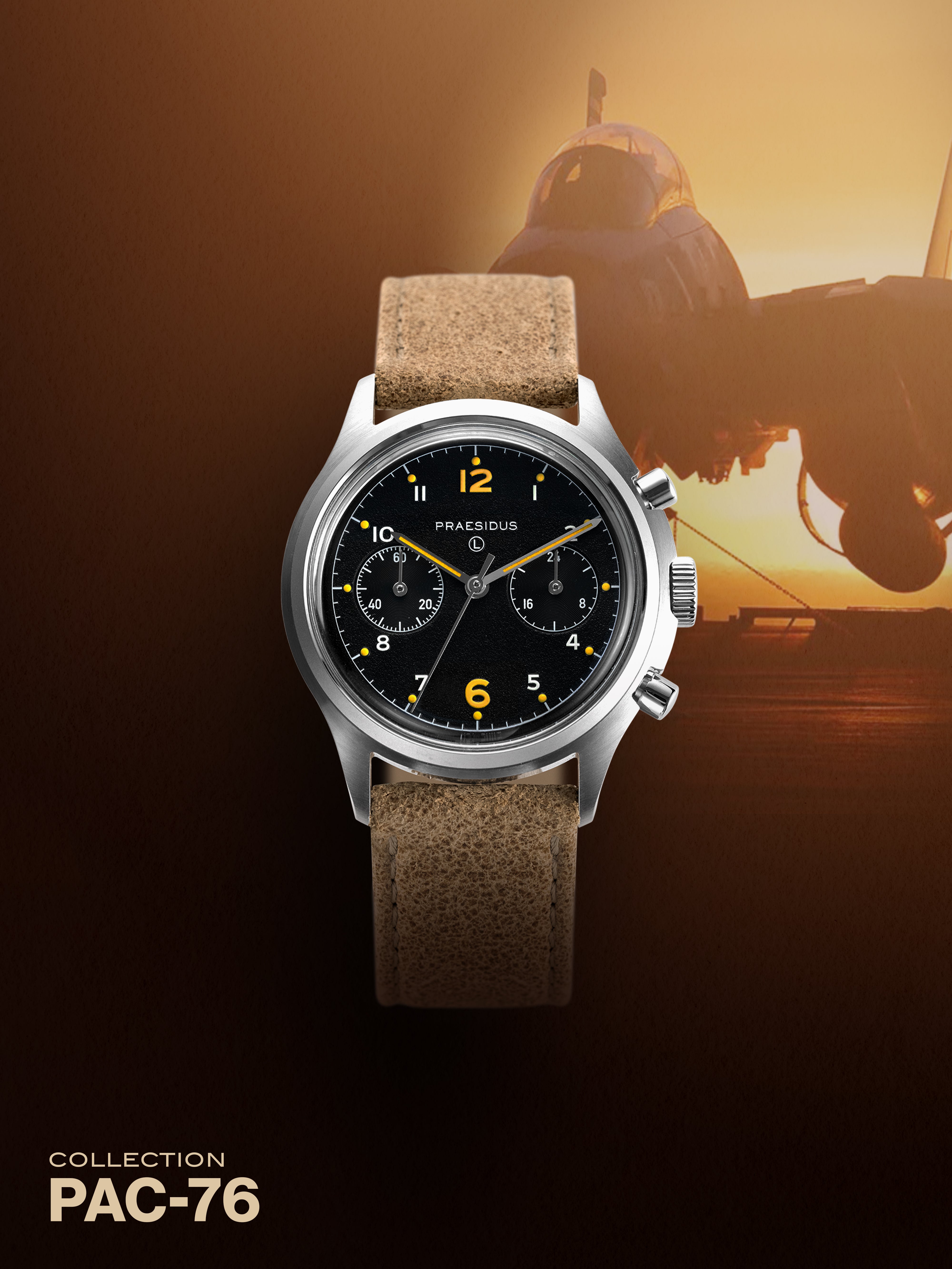
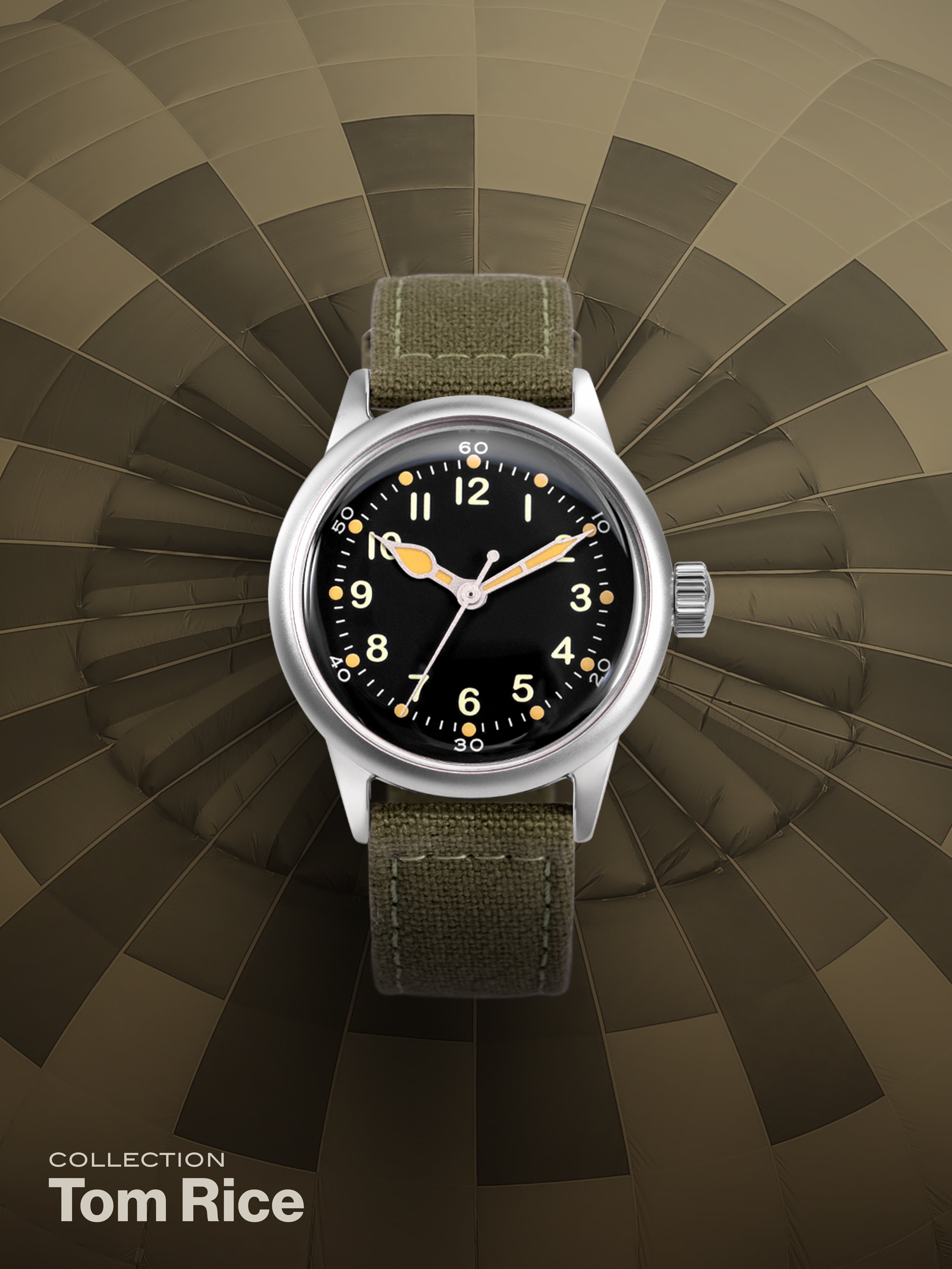
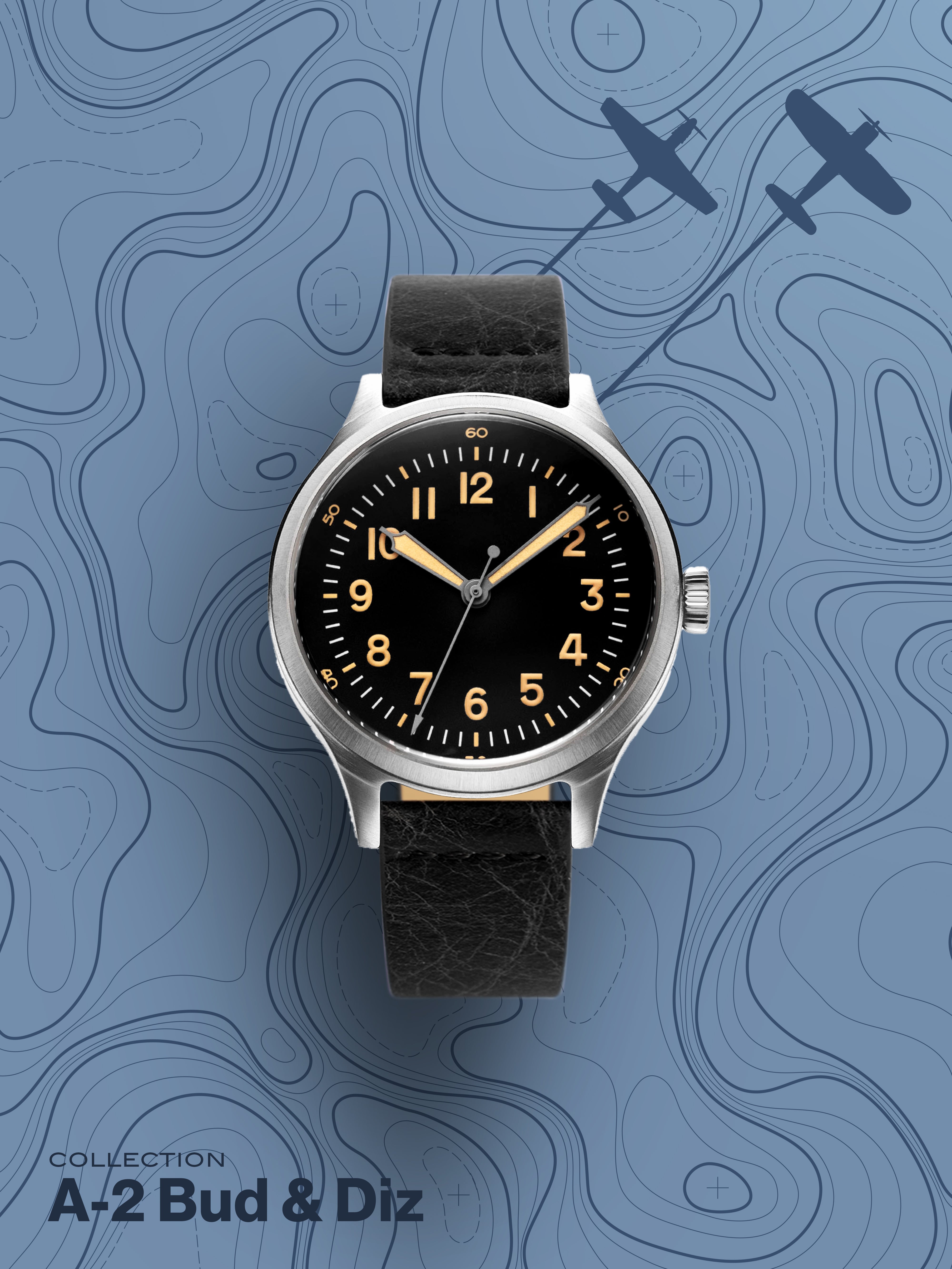

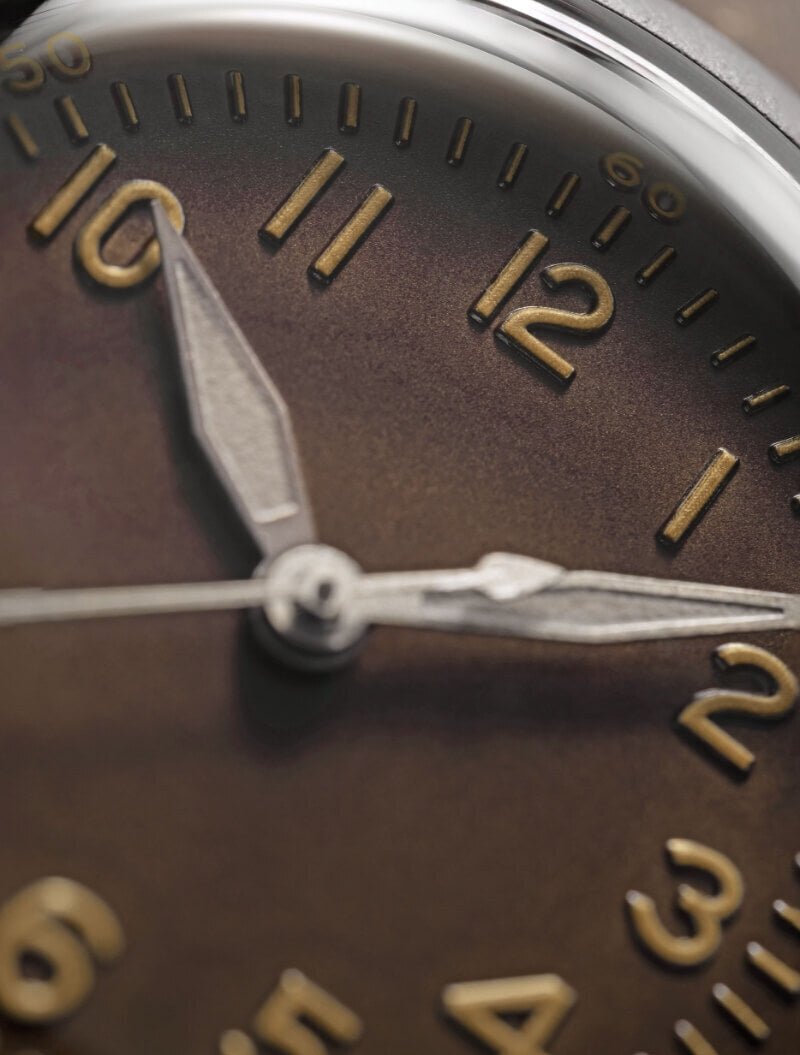

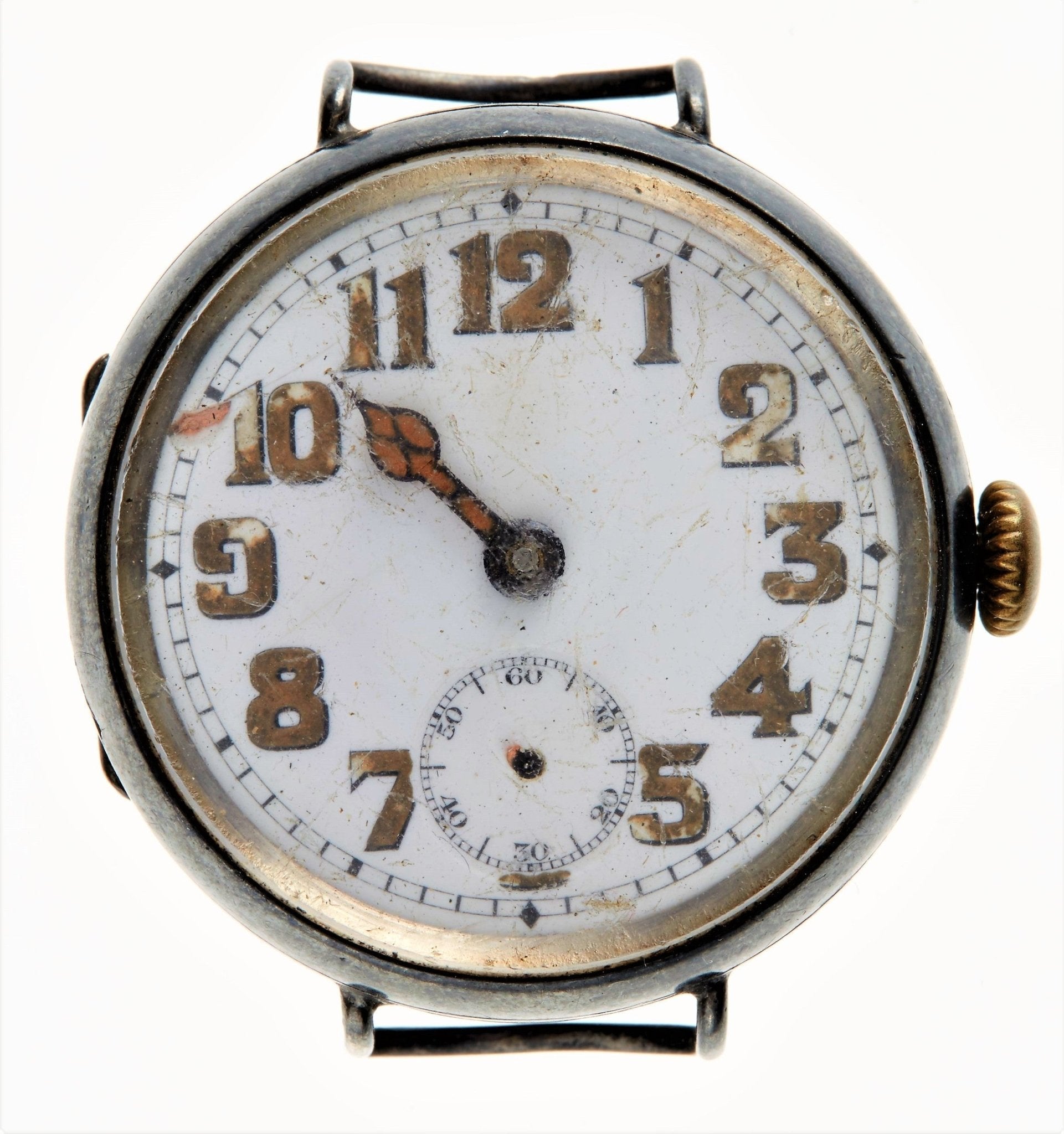




Leave a comment
This site is protected by hCaptcha and the hCaptcha Privacy Policy and Terms of Service apply.